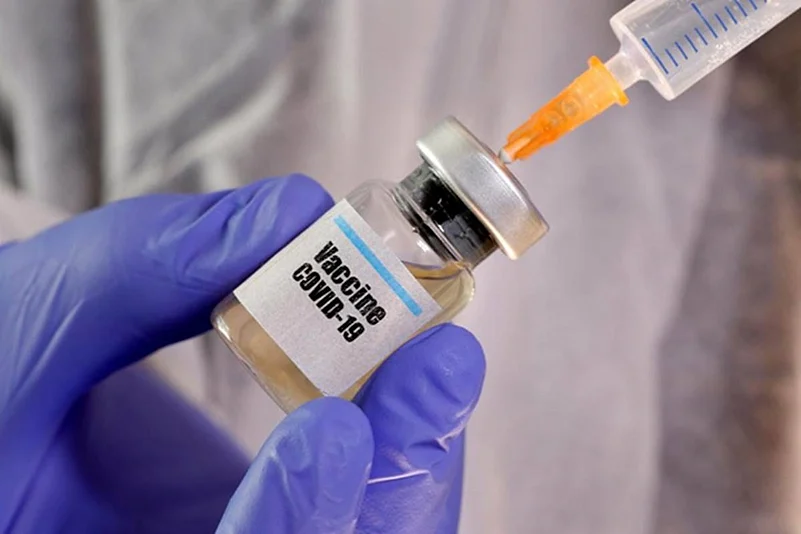The World Health Organization has named the Covid-19 variant (B.1.617) first found in India as the ‘Delta’ variant. The WHO said, Covid variant first found in India will be referred to as 'Delta' while earlier found variant in the country will be known as 'Kappa'.
Dr Maria Van Kerkhove, technical lead Covid-19 at WHO said, “The labels don’t replace existing scientific names, which convey important scientific information and will continue to be used in research. No country should be stigmatized for detecting and reporting Covid variants.”
Hoping to strike a fair and more comprehensible balance, WHO said it will now refer to the most worrisome variants — known as “variants of concern” — by letters in the Greek alphabet.
The established nomenclature systems for naming and tracking of SARS-CoV-2 genetic lineages will remain in use by scientists and in scientific research, the WHO has said. This "will be easier and more practical to be discussed by non-scientific audiences," it said.
So the first such variant of concern, which first appeared in Britain and can be also known as B.1.1.7, will be known as the “alpha” variant. The second, which turned up in South Africa and has been referred to as B.1.351, will be known as the “beta” variant.
A third that first appeared in Brazil will be called the “gamma” variant and a fourth that first turned up in India the “delta” variant. Future variants that rise to “of concern” status will be labeled with subsequent letters in the Greek alphabet.
WHO said a group of experts came up with the new system, which will not replace scientific naming systems but will offer “simple, easy to say and remember labels” for variants.
With inputs from agencies


























